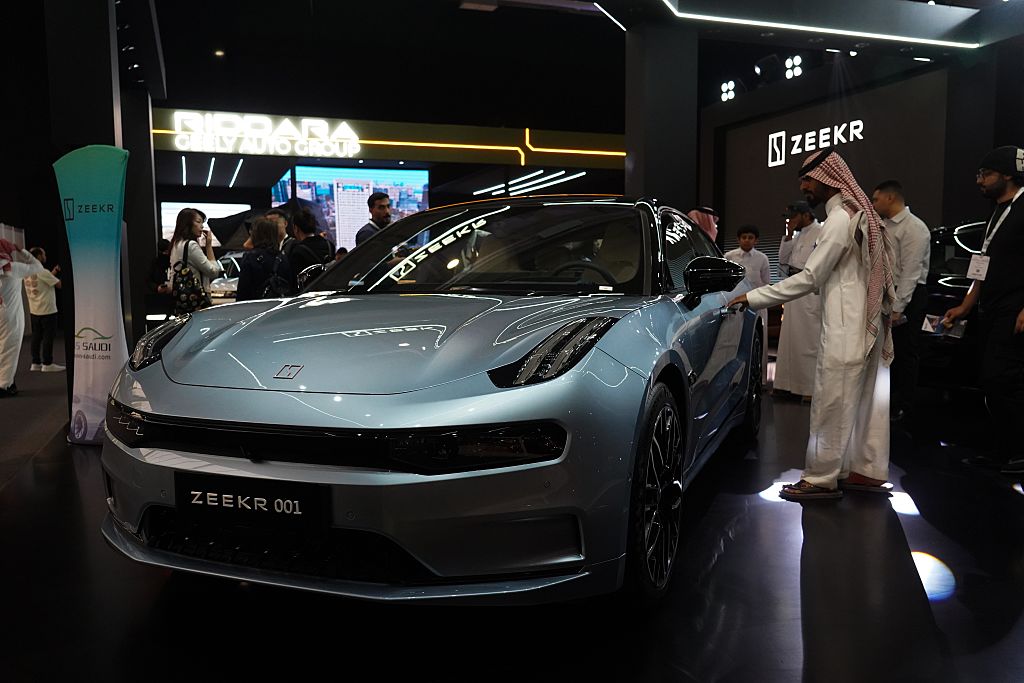

China’s Geely Auto wants to take its luxury EV unit Zeekr off the New York Stock Exchange one year after the company’s debut, per Zeekr filings.
The take-private offer comes as the Trump administration explores kicking Chinese companies off American stock exchanges, part of a broader trade war that includes what has become a tariff quagmire between the U.S. and China.
On Tuesday, Geely offered to pay $25.66 per Zeekr American Depository Receipt (ADS), or $2.566 per ordinary share, which was about 14% higher than Zeekr’s Monday afternoon closing price, in a deal that values the company at $6.5 billion. ADS holders can also opt to receive 12.3 newly issued Geely shares per ADS.
Aside from skirting potential geopolitical awkwardness, Geely has a lot to gain from taking Zeekr private and not much to lose. Geely already owns 65.7% of Zeekr through its founder Li Shufu. That means Geely would only need to pay out roughly $2.2 billion to acquire the rest. For that price, Geely could help Zeekr absorb the market blows that come with being an EV startup in a competitive market and protect its investment.
Zeekr has yet to report first-quarter results, but the company delivered a total of 125,250 vehicles across its two brands — Zeekr and Lynk & Co — in the first four months of 2025.
Zeekr is working with autonomous vehicle company Waymo to build a purpose-built robotaxi for large-scale deployment in the U.S. Neither company has confirmed if it would affect their working relationship if Geely were to take the company private, though Waymo earlier this week shared plans to integrate its self-driving system into the Zeekr vehicle at its new Arizona facility later this year.
Keep reading the article on Tech Crunch